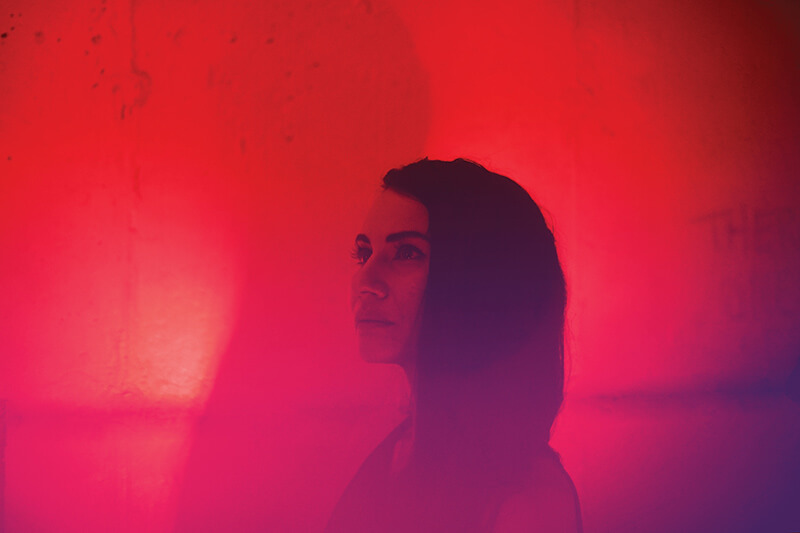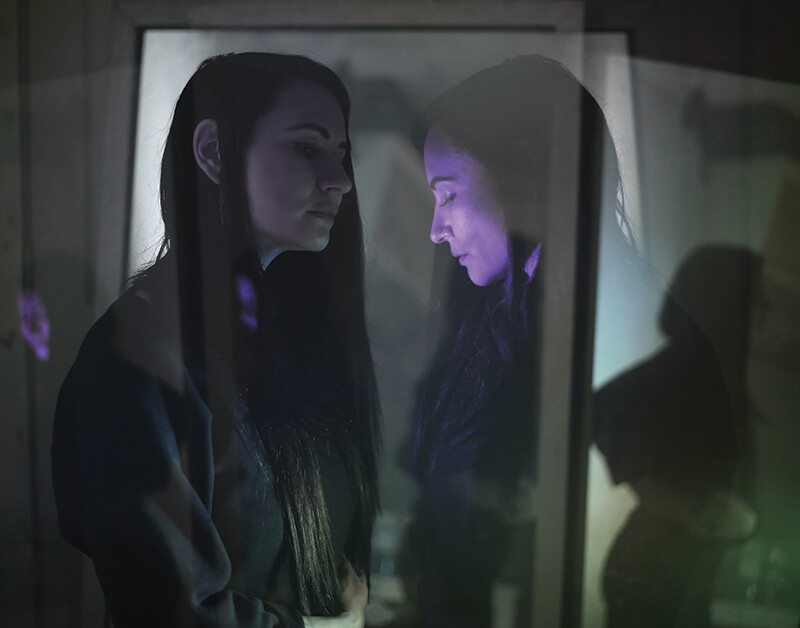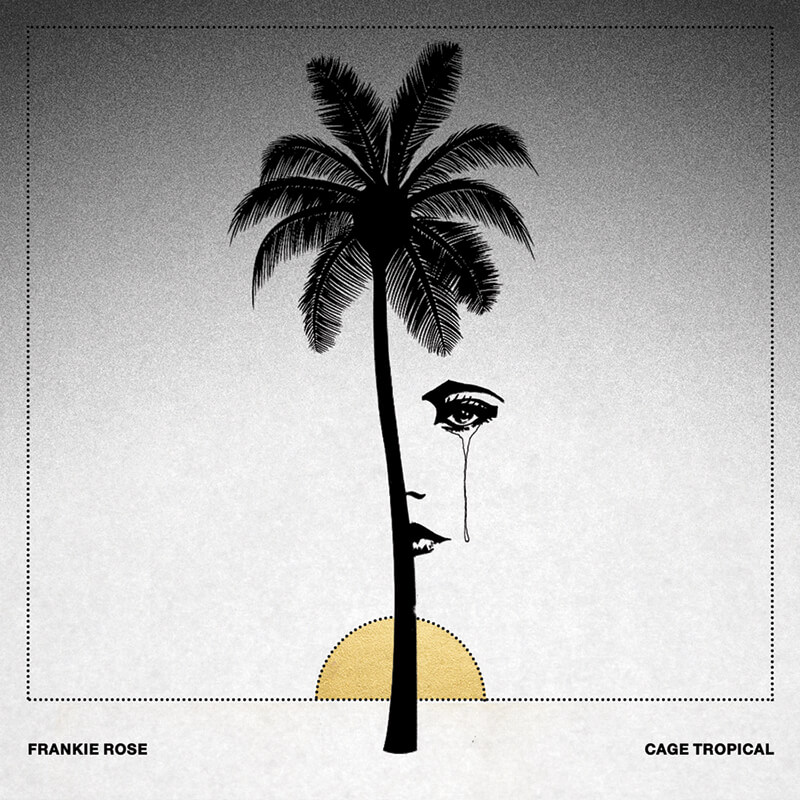Frankie Rose: Braving the Darkness to Push Creative Boundaries
When your musical resume includes Dum Dum Girls, Vivian Girls, Crystal Stilts, and Beverly, you’ve already got a solid following to your name. But it takes a unique musician to challenge all of those established frameworks that have been curated as an artist, and create something that’s entirely their own.
Enter Frankie Rose, fresh on the heels of releasing her third solo album, Cage Tropical. The sounds are just as vibrant as the title depicts; think vintage-era synth beats, celestial riffs, mesmerizing instrumentation. I spoke with Frankie regarding her artistry, a sense of place, and why our darkest times make us who we are.
This album is ethereal and other-worldly, and reminiscent of so many different eras. Where did you draw your inspiration from, and what kind of production techniques did you use to do so?
I have this kind of file box of sound and musical references that live inside me. With every record I make, I think less and less about where my inspiration comes from. I know I make a song, and I have an idea about what the guitar should sound like. I’m not sure why I think it should sound a particular way, but I just know what sounds good to me. Listening back, I can see it’s a sound maybe Kevin Shields might be able to appreciate, or maybe a particular chorus effect on a vocal that Elisabeth Fraser may have approved of. It was a matter of unfortunate circumstance for someone else that I was allotted a ridiculous amount of time in an incredible studio. I think there is no way this record would be quite as full and finished if that had not happened.

Photo by Erez Avissar
How did your experience in other bands, like Dum Dum Girls and Vivian Girls, influence your solo sound?
Only so much as every time I make a record or contribute to a project, I inevitably learn something useful. Perhaps it is how to be a good band leader, or how something should or shouldn’t be mixed. Every project is an opportunity to make something better and more interesting.
I read that your recent times have been juxtaposed between the stark contrast of Brooklyn and L.A., and ultimately, Brooklyn was where you recorded this album. How did a sense of place influence your recording and songwriting process, and how did you balance spending time in the Brooklyn scene versus L.A.?
I started Cage Tropical in Los Angeles when I was “trapped” there due to a whole lot of bad life things that happened all at once. I started recording the record while living in an apartment across the street from the Echoplex. If I opened my window shades, I could see everyone standing in line to get in. I was heavily influenced by my situation, less so by my surroundings—although it’s hard to separate those things because one informed the other. Because of cosmic luck I was able to return to NYC to live and finish the record. It was perfect because I have so many more resources here; it made finishing the record so easy and enjoyable.
I read that you felt as if you lost your way during your time in L.A. Can you expand upon that experience, and has that been cyclical in this world as a musician?
I think the saying “when it rains, it pours” comes to mind. After 10 years in NYC, I was convinced a move across the country to L.A. was a good idea; upon arriving, my life seemed to architecturally fall apart. Every door I tried to push open was slammed in my face. I had health problems, a crazy family tragedy, I couldn’t find a job and I even got bedbugs. Who moves to LA and gets bedbugs? All this in a new place can make a person question who they are. Am I a person that makes records? If so, what does that mean? Doesn’t that define me? Because right now I’m working on an ice cream truck and I have bed bugs. Actually, starting to make music again was a real act of faith—faith in myself most of all.

Photo by Erez Avissar
How do you feel about the idea that our darker times generally make us who we are, and actually help us to create better, more real creative work?
I think this is true, not just for artists, but for people who are alive in general. It’s cliché to say it, but I think you can’t have the good without the bad and the deeper the bad the more you can appreciate when things are good for a while. No one can take away the gratitude I have now for the way my life is. I appreciate every moment of calm and am in awe that I was able to make a fourth album. Two years ago, that seemed like climbing Mount Everest. While in the midst of all of that horrible life stuff that was happening, there was no way I could have pictured a time after when I would be grateful for those experiences, but I am. Plus, a cool record came out of it all! Wow!
Your music video for “Trouble” is super unique. Can you talk about the inspiration for that?
To be honest, it was not even a real video — it was more of a visual accompaniment, but I was really happy with what came out of it.

Photo by Erez Avissar
What is the meaning of the phone number in the video? I was tempted to call, but I wanted to hear what your answer was first…
It’s a number to a voicemail in Roswell, New Mexico. You can leave me a message. Preferably about your UFO encounter.
Sci-fi seems to be a big influence for you. What are some tangible ways that the genre has influenced your songs?
I appreciate the minimalist synth soundtracks that often accompany the genre, also found in low budget horror stuff. I love John Carpenter and wow, that S U R V I V E stuff that came out of the Stranger Things series. Holy moly.
With so many projects under your belt already, what’s next for you?
I’m gonna make another record. I’m pretty sure I’m on the “Dead Moon” route of making records until I can’t hear anymore.

Frankie Rose – Cage Tropical
Standout Track: “Dyson Sphere”
Follow on Twitter @heyfrankierose
